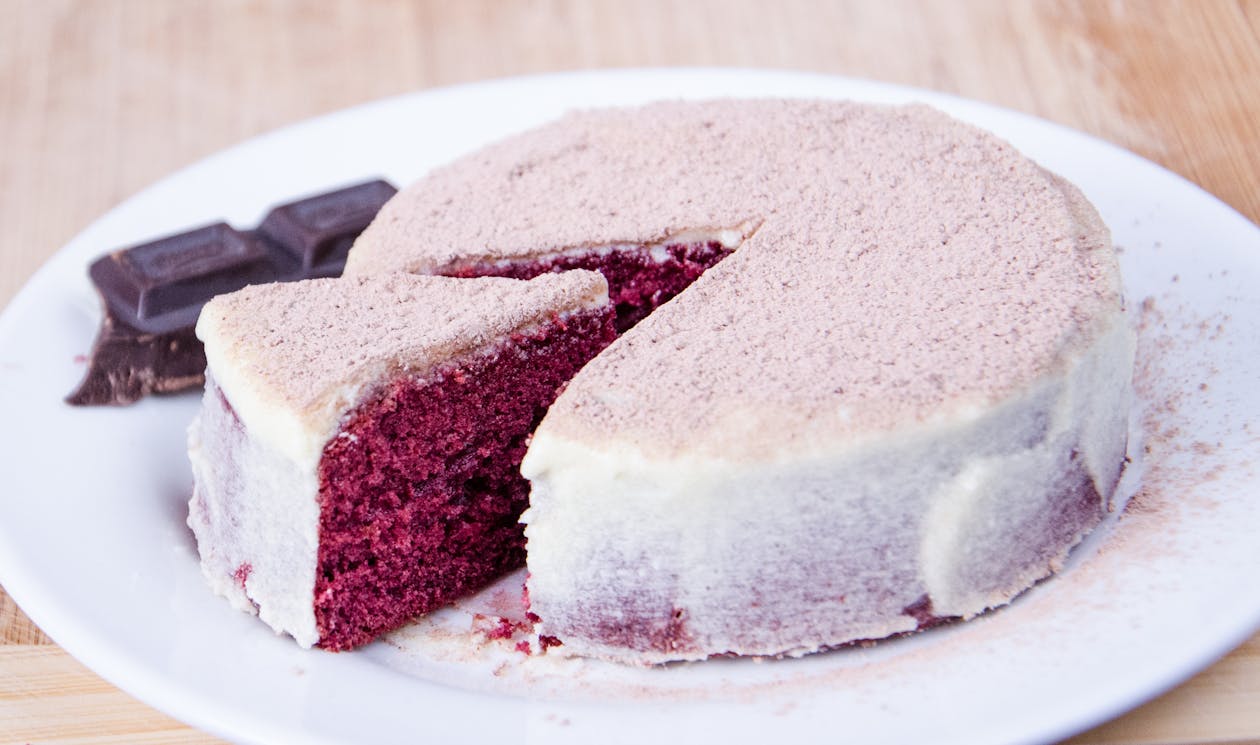
Why Start a Home Bakery Business in South Africa?
South Africa’s growing demand for artisanal baked goods, custom cakes, and healthy options like gluten-free or vegan treats presents a fantastic opportunity for aspiring bakers. A home-based bakery allows you to:
-
Work from the comfort of your home.
-
Start with minimal overhead costs compared to a retail bakery.
-
Be your own boss and set your own schedule.
-
Tap into local markets, events, and online sales channels.
Whether you’re looking to earn extra income or build a full-time business, a home bakery is a flexible and rewarding venture.
Steps to Start Your Home Bakery Business
1. Research and Plan Your Bakery Business
Before diving into baking, conduct market research to understand your local competition and identify gaps in the market. For example, are there enough gluten-free or vegan options in your area? What products are in high demand?
Create a business plan outlining your goals, target audience, and financial projections. This will help you stay organized and focused as you grow your business.
2. Understand South African Cottage Food Laws
In South Africa, home-based food businesses fall under specific regulations. You’ll need to:
-
Register your business with the Companies and Intellectual Property Commission (CIPC).
-
Comply with food safety standards set by the Department of Health.
-
Obtain a food handler’s certificate if required.
Ensure your products are shelf-stable, as most home-based bakeries are limited to non-perishable goods like cookies, cakes, and bread.
3. Plan Your Bakery Menu
Your menu is the heart of your business. Start with a few signature items, such as:
-
Custom cakes for birthdays and weddings.
-
Artisan bread or muffins.
-
Gluten-free or vegan treats.
As you gain experience, you can expand your offerings based on customer feedback.
4. Set Up Your Home Bakery
Equip your kitchen with the tools you’ll need, such as:
-
High-quality mixers, ovens, and baking tins. You can use your home oven.
-
Packaging materials for your products.
-
Storage solutions for ingredients and finished goods.
If your kitchen isn’t large enough, consider renting a commercial kitchen space for larger orders.
5. Price Your Baked Goods for Profit
Pricing is crucial to ensure your business is profitable. Here’s a simple breakdown of how to calculate your costs:
Food Costs
List the cost of each ingredient per recipe. For example:
-
Flour: R10 per kg
-
Sugar: R15 per kg
-
Eggs: R30 per dozen
If a batch of cupcakes costs R50 to make and yields 24 cupcakes, your food cost per cupcake is R2.08.
Labor Costs
Estimate how much time you spend baking and decorating. If you spend 2 hours on a batch and value your time at R100 per hour, your labor cost per batch is R200, or R8.33 per cupcake.
Overhead Costs
Include expenses like packaging, marketing, and utilities. If your monthly overhead is R1,000 and you sell 500 items, your overhead cost per item is R2.
Total Cost per Item
Food + Labor + Overhead = R2.08 + R8.33 + R2 = R12.41 per cupcake.
To make a profit, you must price your cupcakes above R12.41. A competitive price might be R20 per cupcake, giving you a profit of R7.59 per unit.
6. Decide Where to Sell Your Products
South African home bakers can sell their goods through:
-
Local farmers’ markets or community events.
-
Social media platforms like Instagram, Facebook, and TikTok.
-
Your own website for online orders.
-
Word-of-mouth referrals from friends and family.
7. Promote Your Home Bakery Business
Marketing is key to attracting customers. Here are some tips:
-
Create a catchy business name and logo.
-
Use social media to showcase your products with high-quality photos and videos.
-
Offer promotions like “buy 9 cookies, get 1 free” to encourage repeat customers.
-
Build a simple website with your menu, pricing, and contact details.

Starting a home bakery requires more than just baking skills. You’ll need knowledge of business planning, food safety, and marketing to succeed. Our Baking & Cake Decorating Online Diploma Course is designed to equip you with everything you need to launch and grow your bakery business.
Benefits of the Course:
- Understand essential baking techniques and ingredient functions.
- Master cake decorating methods, including buttercream and fondant.
- Learn to design cakes for different occasions with unique themes.
- Develop skills in piping, layering, and sculpting cake decorations.
- Gain confidence in creating professional-quality cakes.
- Understand food safety and hygiene in baking and decoration.
- Explore business opportunities in the baking industry.
Whether you’re starting a business or looking to work in a bakery, this course provides the skills and certification to boost your career prospects.
Here’s a breakdown of the estimated costs and potential profits for a home bakery in South Africa:
Startup Costs
-
Baking equipment (mixer, oven, tins, etc.): R5,000–R10,000
-
Packaging materials: R1,000–R2,000
-
Business registration and licenses: R500–R1,000
-
Marketing (website, social media ads): R1,000–R3,000
-
Total Startup Costs: R7,500–R16,000
Monthly Costs
-
Ingredients: R2,000–R5,000
-
Utilities (electricity, water): R500–R1,000
-
Marketing: R500–R1,000
-
Total Monthly Costs: R3,000–R7,000
Potential Monthly Revenue
-
Selling 200 cupcakes at R20 each: R4,000
-
Selling 50 custom cakes at R300 each: R15,000
-
Total Monthly Revenue: R19,000
Monthly Profit
Revenue (R19,000) – Monthly Costs (R7,000) = R12,000
With consistent sales and effective marketing, you can grow your revenue and profits over time.
NB. These projections are not fit for every business, depending on where you get your material, the amount may be more or less
Ready to Start Your Baking Journey?
If you’re serious about starting a home bakery or advancing your baking career, our Baking & Cake Decorating Online Diploma Course is the perfect place to start. With expert guidance, flexible learning, and comprehensive content, you’ll gain the skills and confidence to turn your passion into a successful business.
Enroll Now and take the first step toward your dream career in baking!

